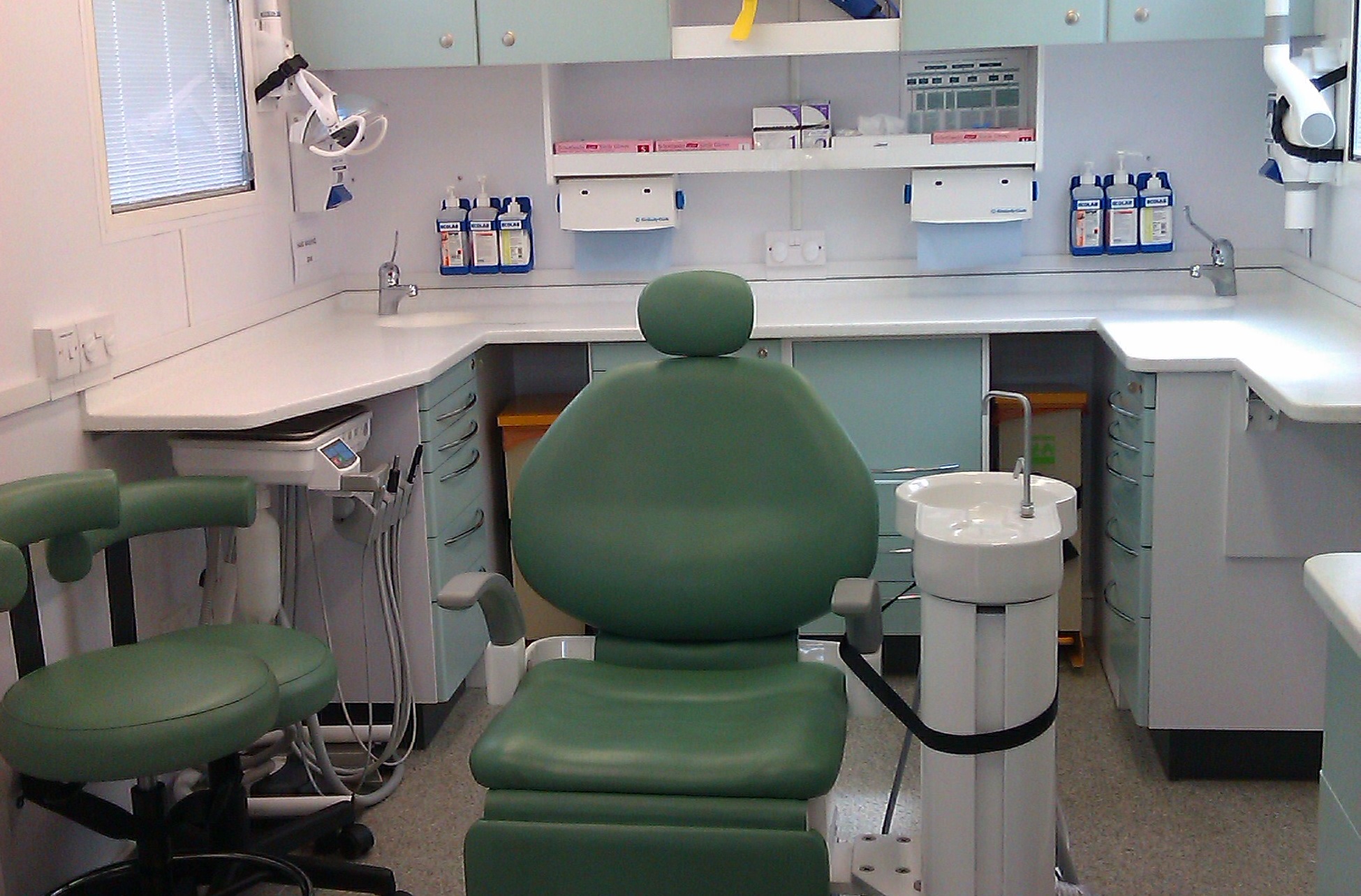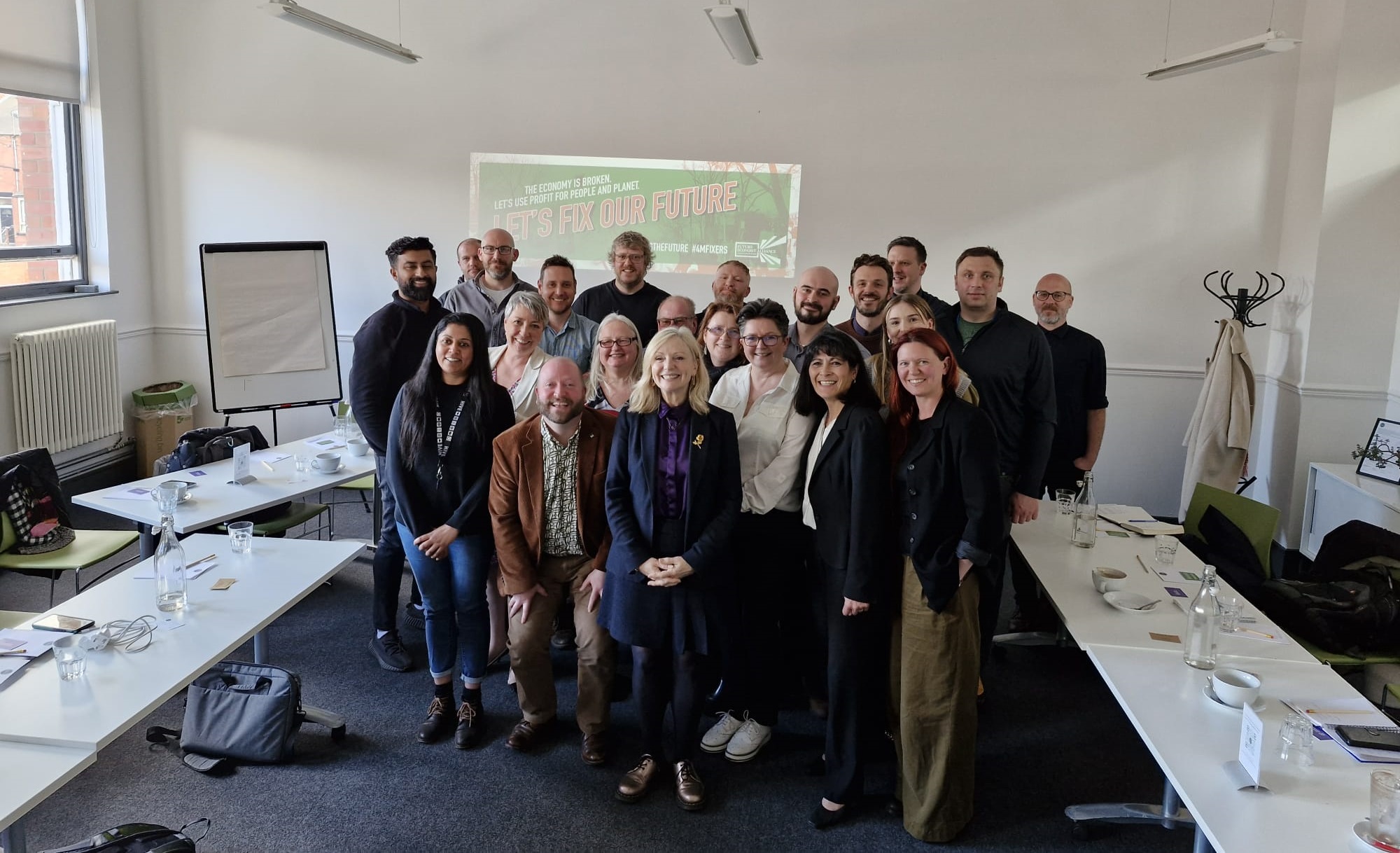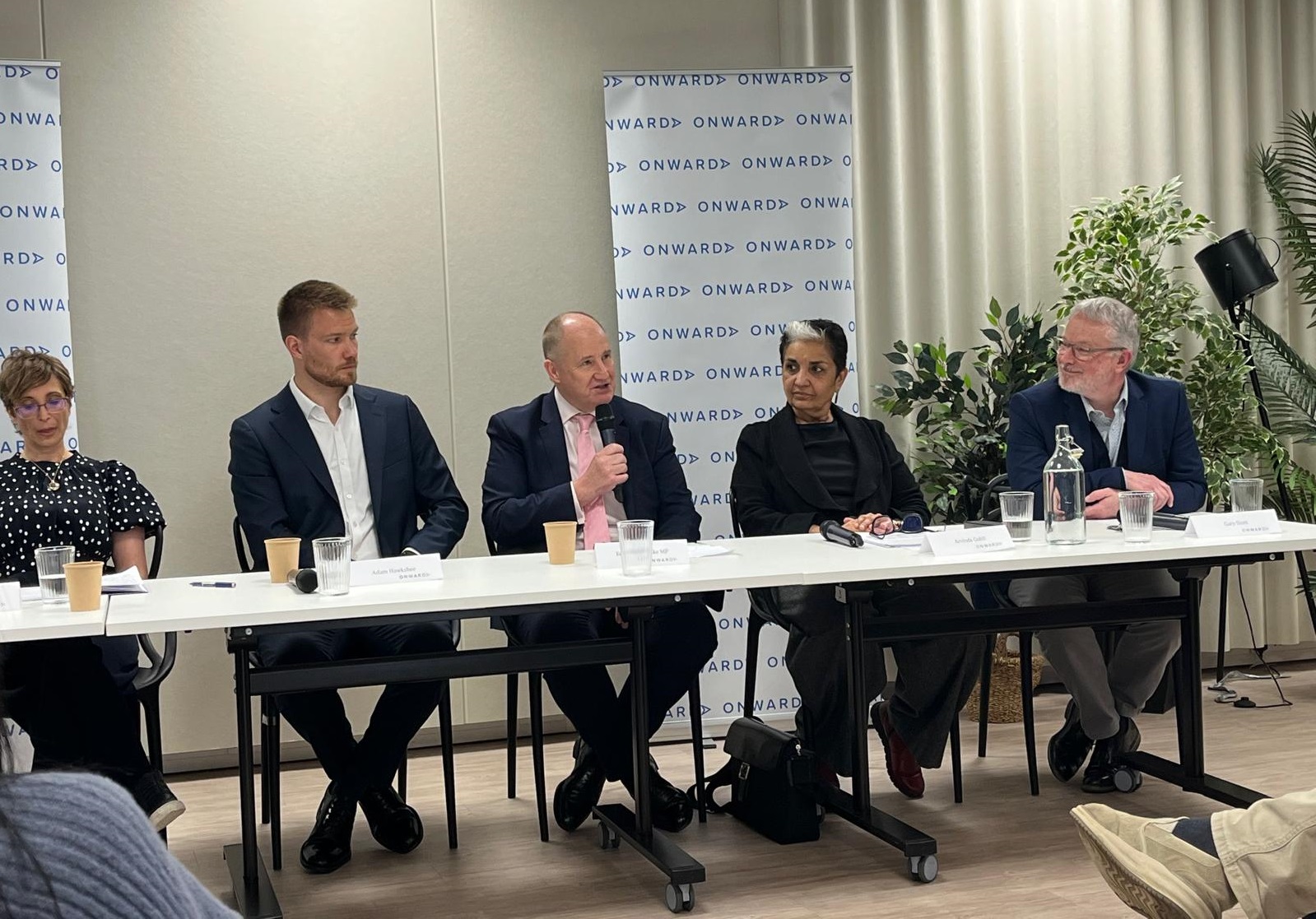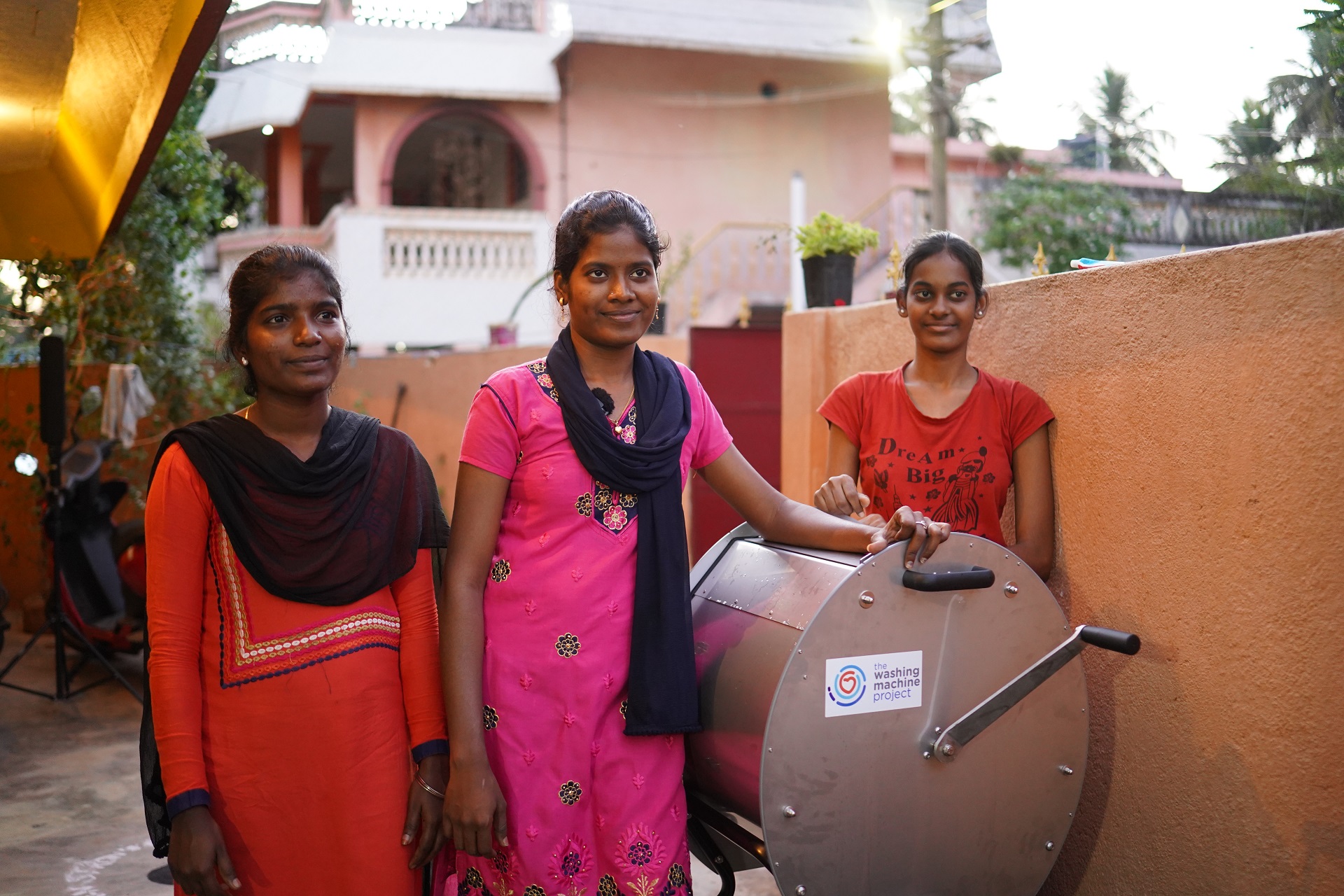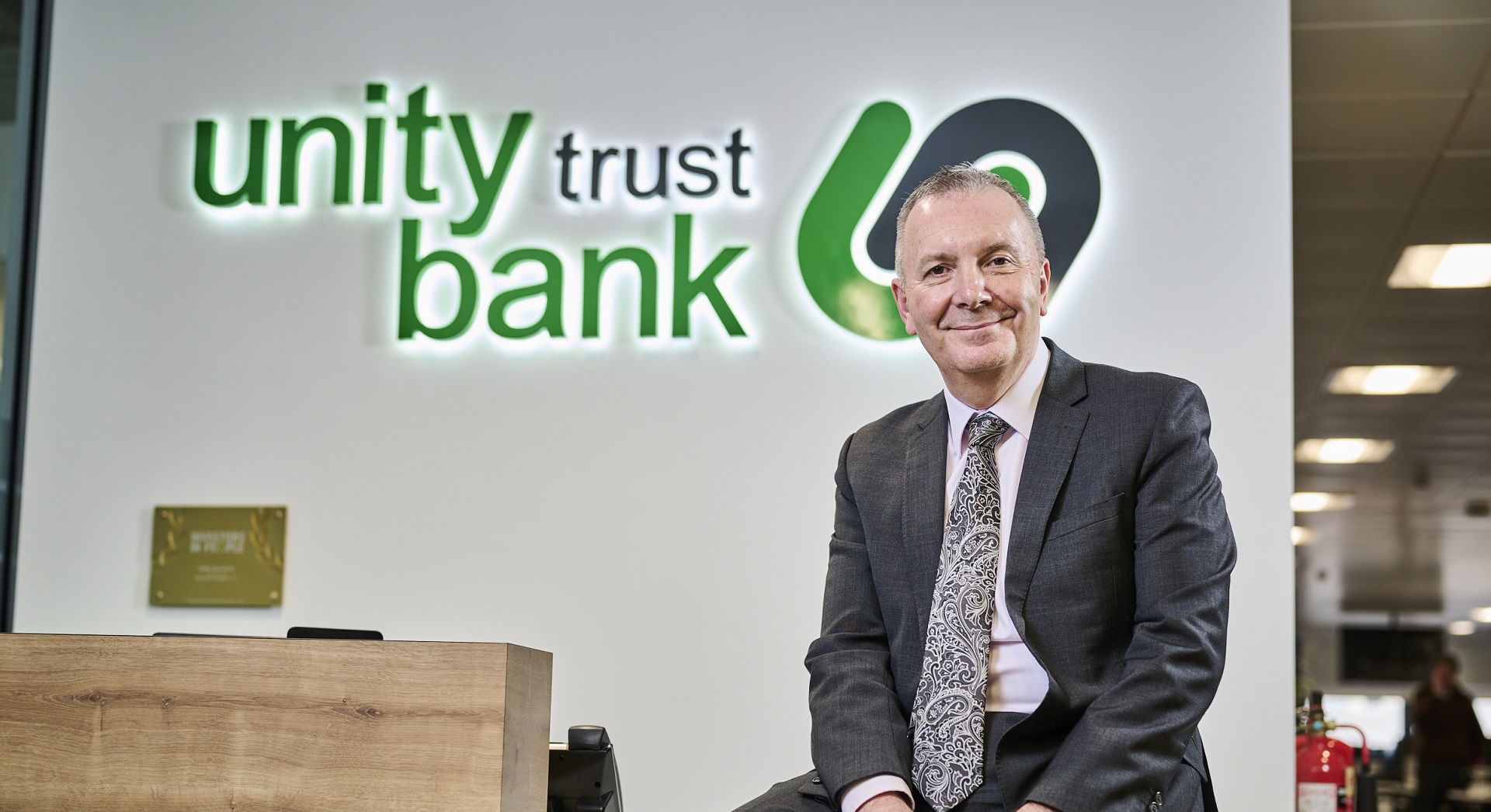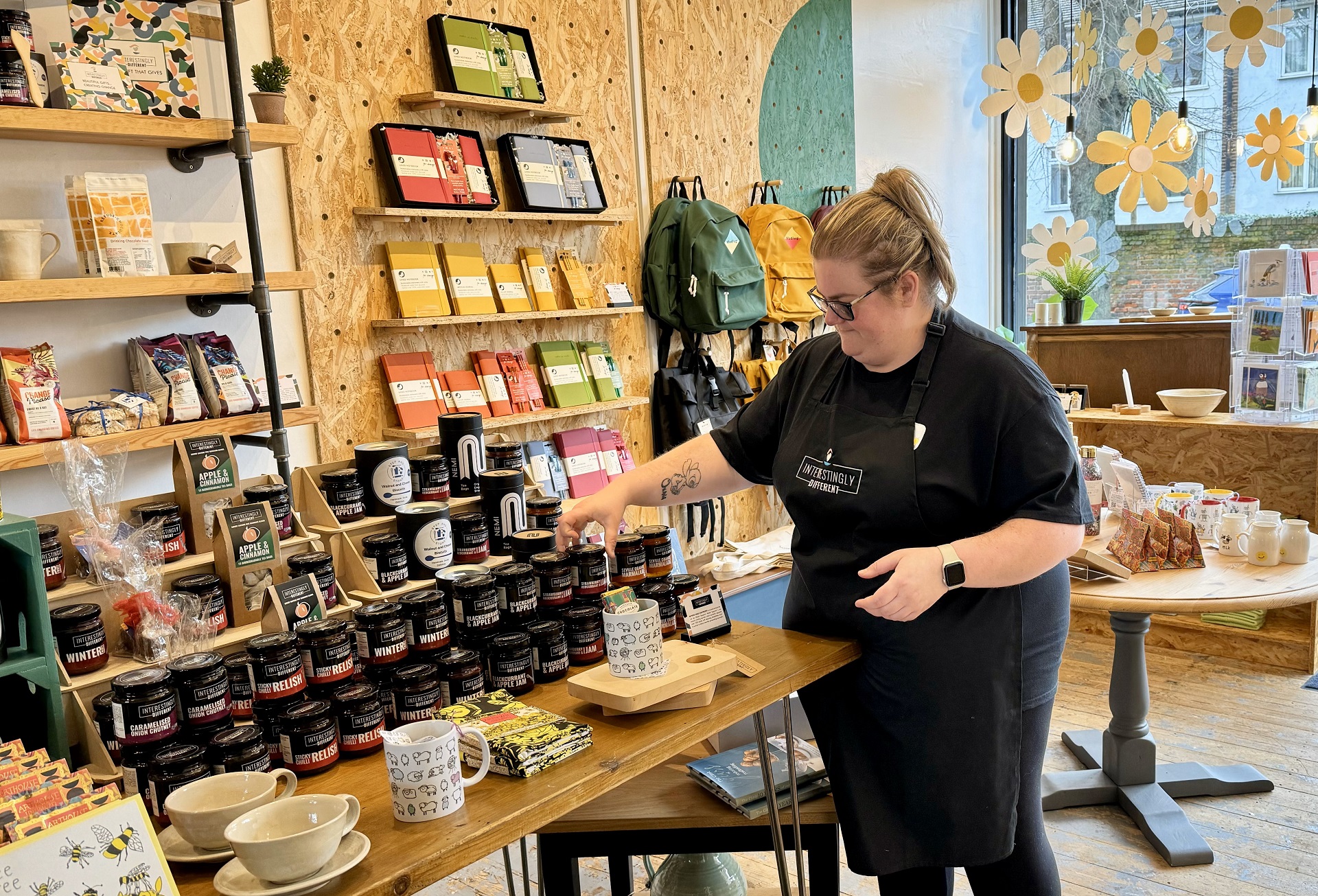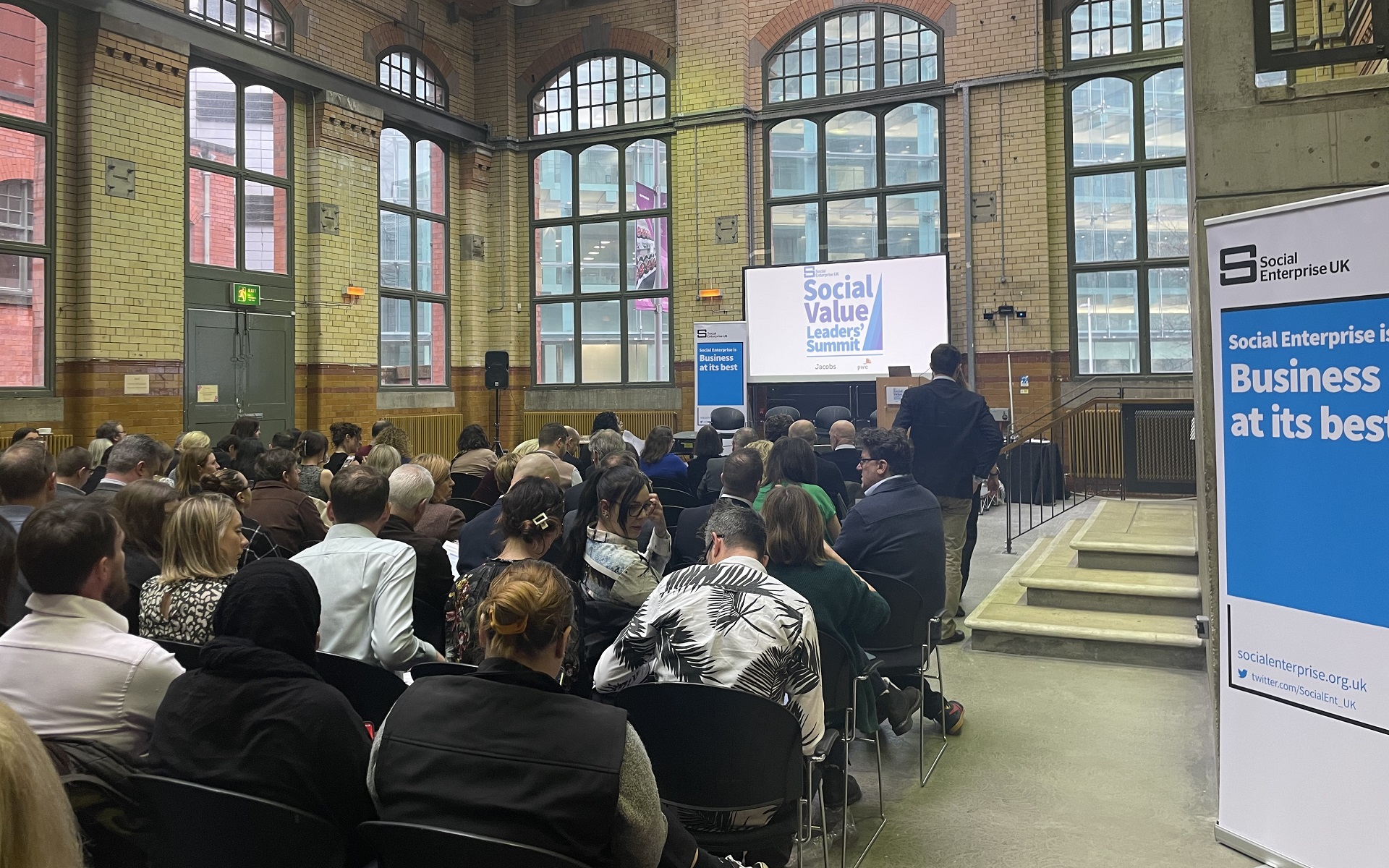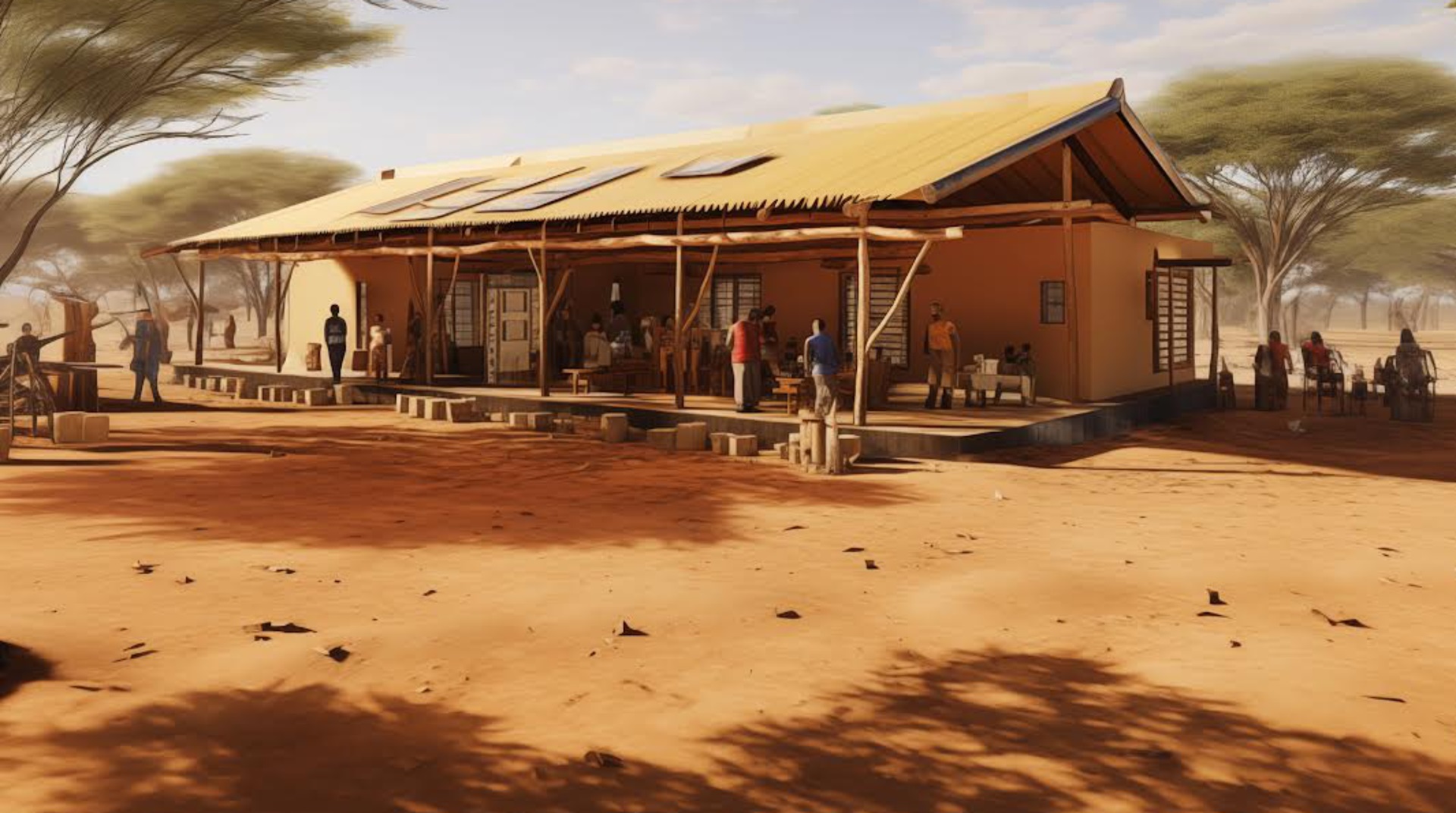
Member updates
Waste to Wonder Worldwide announces a ground-breaking Sustainability Cookery School in Gambia
Expanding Educational Outreach Through Culinary Arts to Promote Sustainability and Self-RelianceWaste to Wonder Worldwide, a leading force in global educational and sustainability initiatives, is proud to unveil its latest project the, ‘Sustainability Cookery School,’ set to open its doors in Gambia. This innovative project extends the impact of the organisation’s acclaimed ‘School in a Box’ program, which has already furnished 1,400 schools across more than 40 countries with essential educational resources.The Cookery School aims to nurture vital skills in Sustainable Cooking, Agriculture, Hospitality, and Tourism among the youth; positioning them at the forefront of an eco-conscious future. Spearheaded by the esteemed Chef Conor Spacey and in collaboration with the Global Orphan Empowerment Academy, this project aims to empower the local community with sustainable cooking and agricultural best practices, ensuring a self-sustaining future that will transcend generations.This pioneering project is more than a culinary school; it is a beacon of hope and a testament to the power of education in transforming lives. By integrating sustainable cooking techniques and the use of locally sourced, sustainable ingredients, the Cookery School is directly contributing to the United Nations Sustainability Goals, particularly emphasising responsible consumption and production patterns. The goal is clear: to significantly curtail waste and foster a culture of sustainability that can be a model for communities worldwide."The Sustainability Cookery School program combines Waste to Wonder Worldwide’s 20 years of Sustainable Development experience, supporting some of the most disadvantaged communities in the world and world leading Food Sustainability and Food Security Systems experience of leading chef Conor Spacey. The programme will up-skill a generation of young people out of poverty, fostering resilience and driving change in the Gambia and Beyond!" - Michael Amos // Managing Director // Waste to Wonder Worldwide CLICK HERE TO WATCH A VIDEO INTRODUCTION TO THE PROJECT The Sustainability Cookery School is not just an educational institution; it is a movement towards a more sustainable and equitable world. Waste to Wonder Worldwide invites everyone to join this journey of transformation and progress. For more information on the Cookery School and how you can support or get involved, please click here.As a proud member of Social Enterprise UK, Waste to Wonder Worldwide is committed to driving social change through innovative and sustainable solutions. About Waste to Wonder Worldwide Waste to Wonder Worldwide is a leading social enterprise dedicated to providing educational resources and promoting sustainability across the globe. Through initiatives like the ‘School in a Box’ program and the Sustainability Cookery School, the organization aims to empower communities, foster self-reliance, and contribute to a sustainable future. If your organisation is interested in sponsoring the development of the school there's more information in this video. wastetowonder.com/cookery-school
2 min

